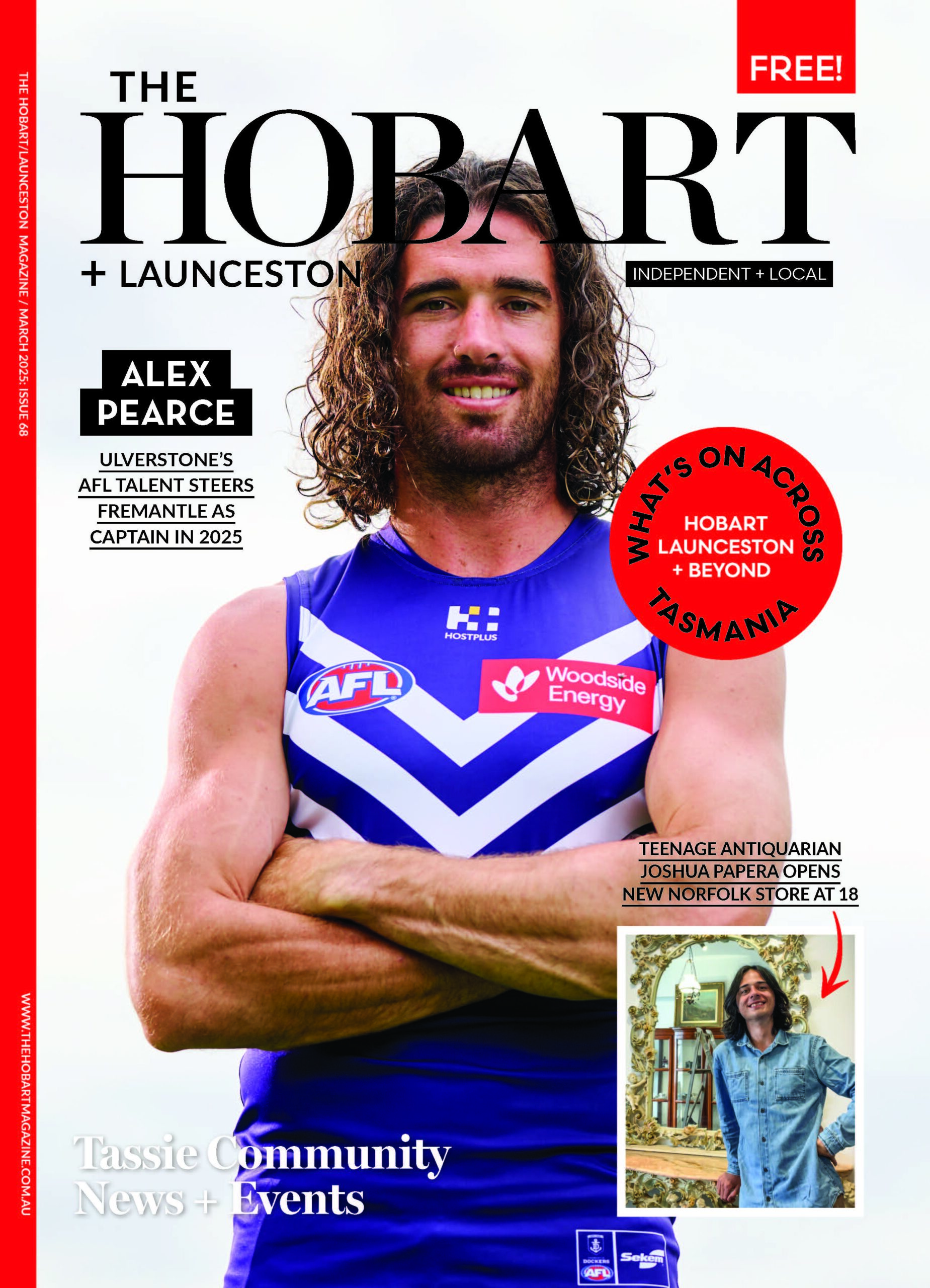Support for Expensive Cancer Test Could Reduce Need for Chemo
by Kirsten Bacon

“Good Morning, My name is Dr Smith. I am here to tell you that you have stage two breast cancer”… And here begins a story of adventure.
When I first heard those words, I was still believing this was not really so bad and they are just being precautionary. It takes a while to understand fully what is being said. That week was a blur. My mother had a stroke two weeks earlier and was currently still in hospitality. As a family we were trying to navigate the aged care system, stroke recovery and the implications so my diagnosis was actually incredibly annoying and timed very badly. People would say to me “such bad timing Kirsten”. I wonder if there’s ever good timing to tell someone they have cancer?
I was diagnosed with Stage Two Invasive Ductal Carcinoma Grade Two. I went off to have breast preservation surgery and removal of lymph nodes that presented with a small focus of metastatic tumour. I have completed radiation therapy and I now take the drug Anastrozole which is chemo that you get after your primary treatment, such as surgery or radiation.
Recurrence is a word used a lot in your cancer adventure. How long do you have before it may recur? I’m thinking ‘well I’m not even contemplating the possibility of recurrence’, so you feel surprised that the discourse often refers to recurrence.
I’m a parent, running a family, some struggling as a result of COVID unemployment, teaching in the public education system, assisting my mother, and trying to maintain a sense of normality whilst there is a pandemic.
When someone gives you a diagnosis of cancer it’s a terrifying experience. For me personally it has been eight weeks of incredibly overwhelming feelings – of grief, sadness, loss and worry. While I feel I’m coping well generally, I’m also acutely aware of the impact this has had on my mental health.
There is a reason for telling my story. I want to talk about a test I had which enabled me to make some decisions about my cancer care. The Oncotype DX is a test that predicts how likely it is that your breast cancer will return. It also predicts whether you will benefit from having chemotherapy in addition to hormone therapy.
The test results can help make a treatment plan that’s right for you. For this test, a piece of cancer tissue that was removed during my surgery is examined. A group of 21 genes in this tissue are analysed to help determine prognosis (how likely my breast cancer is to return) and if getting chemotherapy will improve my chances that the cancer will not come back.
In Tasmania alone we had 207 women screened and detected for breast cancer in 2020. I was lucky and so fortunate to fit into a cohort of women who have been extensively studied by the National Cancer Institute. Over 5000 women participated in this study but unfortunately to be part of this group I needed to have a Recurrence Score.
If I didn’t take the expensive test, the standard treatment would be chemotherapy. In my case I was very fortunate to have a wonderful friend and brother who paid for me to have it. Having this test gave me an opportunity to make an informed decision about my treatment. My recurrence score came back at 19, with an approximate 1.5 percent benefit if I was to have chemotherapy.
While the test is covered free in some other countries, it costs $5000 dollars to the patient in Australia. This can mean the difference between having chemotherapy or not. Can you imagine being in one of the most vulnerable positions to be told you maybe would need to have chemotherapy and the only way you can find out whether or not is by paying for this test?
I have also been surprised to find it was not even covered by private medical cover, which I have had all my life. Also, chemotherapy is covered by private cover, but not radiation. Thank goodness, we have a Medicare subsidised health system!
More needs to be more done. More research will help and benefit other women. I’m curious – chemotherapy would cost a lot more than $5000 per patient and I’m confused as to why this test is not available to all men and women with a breast cancer diagnosis.
In finishing…My name is Kirsten and I’m going to be a cancer survivor.

